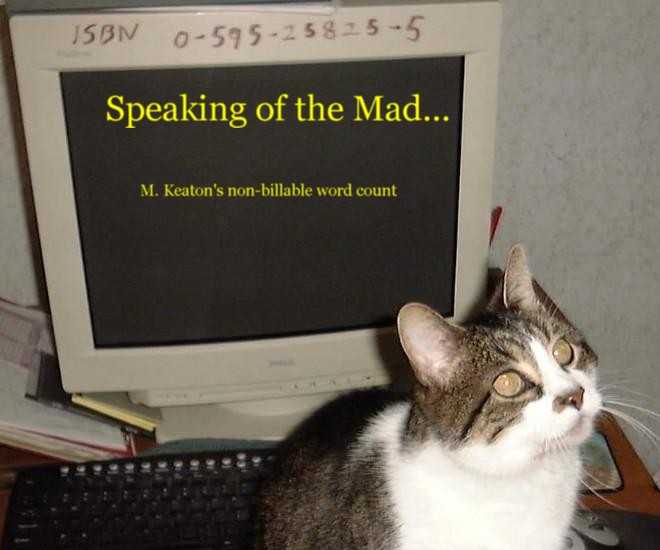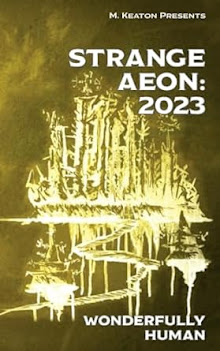There are public theologies and private thoughts. Likewise, there are core, vital doctrines and then there are those speculations that are not truly relevant in the grand scheme of Salvation. This is a private speculation based largely on two foundations: the fact that it seems intuitively correct and does not contradict anything extant in the Holy Writ; and a reasoned extension of the already-displayed character and consistency of God documented in the Holy Writ. These are one man’s thoughts in the long hours of the night and should not be considered in any way worthwhile doctrine or even subjects of debate (except, perhaps, where the reader may find the Holy Ghost prompting within—and at that point it is an issue between God and the reader).
3: Universal Sums
Reality is not a zero-sum game.
There are two schools of thought on the various aspects of existence. One holds that there is only a given amount of anything and that, in order for one person to gain, another must lose, that what there is minus what is had, what can be had, and what has been had equals zero. The other school holds that man is transcendent and that, through the application of work, the full force of human will and creativity with, perhaps, a touch of miracle, there is no limit to what may be done, had, made, and created. The applications may be different, but almost all of human philosophy and behavior come down to actions and assumptions based on the belief in one of these two schools of thought. Either we live in a materialistic world run by invisible accountants summing up the tallies to zero; or we have free will and self-direction, and though we may not have the answer to the problems at hand, we believe as a matter of faith that there is a better way. These two theories are, in fact, a matter of religion and metaphysics. Either we believe or we do not; either only the mundane, tangible material that we see and touch is real, or there are mysteries beyond and we are more than the sum of our chemical composition.
We see the outgrowth of these conflicting beliefs in every aspect of our lives. At work we see the zero-sum man fight and scratch, stabbing his fellow worker in the back and trying to climb to the top of the heap on the backs of other men. Beside him we see the transcendent man laboring diligently to lift himself and all of those around him through merit and work. We see the Senator who insists on taxing the rich out of existence under the pretext of giving to the poor (and all the while plying the tactics of race and class warfare and jealousy) while we see another arguing the virtues of creating opportunity for all, free of penalty, firm in the belief that ‘a rising tide lifts all boats.’ We see hoarders and, in contrast, we see the generous. The universe of reductionists and accountants is a petty, mean place, lending itself to selfishness. The transcendent universe casts its bread upon the waters and waits, generous for its own sake, and generous for its own gain. This extends beyond the personal and spiritual, it reaches even into the physical. Can the crowd be fed, or are there only five loaves and two fish? How long will the oil suffice to light the menorah?
On this point I am adamant. Reality is not a zero-sum game. Reality is a theophany.
Subscribe to:
Post Comments (Atom)





















1 comment:
Yes. And to people who only grasp the first, the second makes no sense. I say, "My friends will help me" and a medical professional looks at me and concludes I must be delusional. My reality doesn't match hers, therefore it is impossible.
BTW, I finally noticed this difference consciously when I read Pearson's _The Hero Within: Six Archetypes We Live By_.
Post a Comment